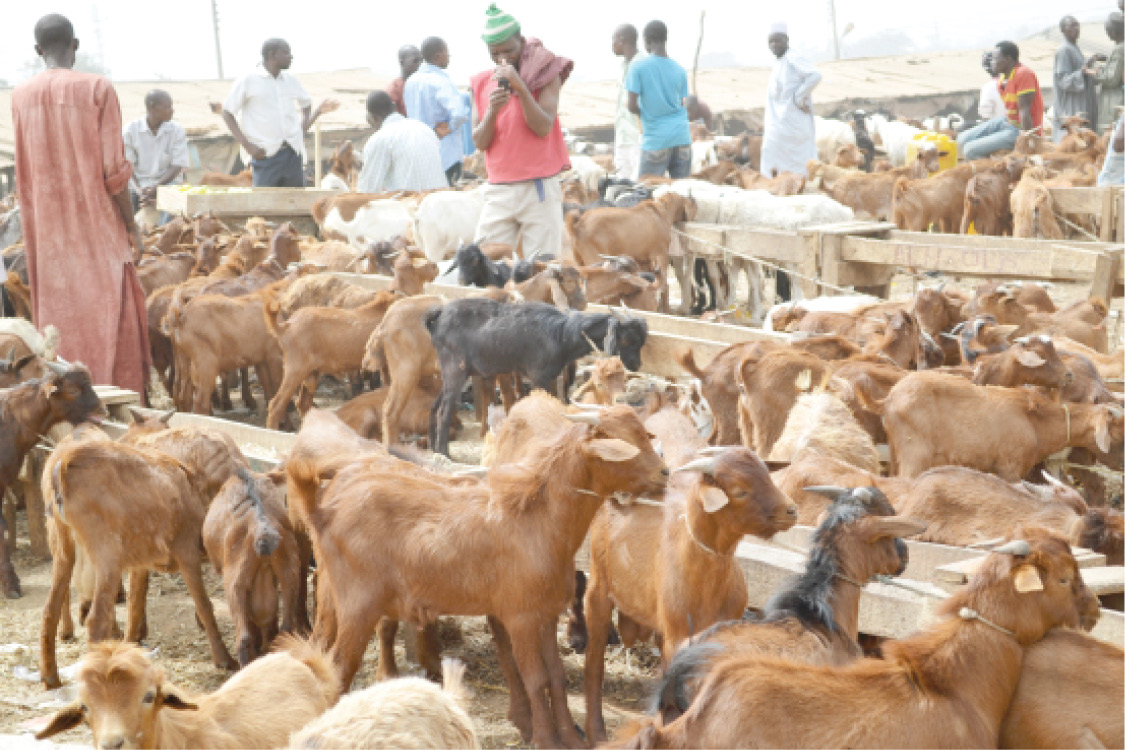AGRO SOLUTIONS: Beginner’s guide to raising goats
So, you want to raise goats! Whether you have no idea where to start or just need a refresher on the basics, here are some helpful tidbits. My first piece of advice before getting started, other than reading a few books, would be to find a goat mentor. Sounds silly, right? It’s not, trust me! […]

goats
So, you want to raise goats!
Whether you have no idea where to start or just need a refresher on the basics, here are some helpful tidbits. My first piece of advice before getting started, other than reading a few books, would be to find a goat mentor. Sounds silly, right? It’s not, trust me!
Finding someone who has raised goats for a bit of time will provide you with a wealth of knowledge that you can’t read in a book. Finding someone who has been deep in the trenches and lived to tell the tales can provide you with real stories to tuck in the back of your mind.
My next, and somewhat noteworthy, slice of information is that you cannot have just one goat—you must always have two. They can be raised with other livestock, but you can’t have other livestock and just one goat. They require the buddy system to thrive.
Now, think: Do you want to raise goats as pets, or for a specific purpose? Join the club—it can be both! There are many breeds of goat from which to choose, and deciding your reason for getting them will help you select the right breed. This will also help you navigate where to begin your hunt for the perfect goat, whether that is online, at a fair or sale barn, or from a friend of a friend. One example is that a lot of people choose to raise goats as dairy animals, and in that case, you wouldn’t want to start your search with a more meat-based breed.
- NIFOR trains farmers on best practice in Edo
- Why farmers should ignore deceit on GM crops – Rose Gidado
Okay—now that you have a mentor and you know what breeds you are interested in, it is time to get prepared. Goats don’t need much, but there are a few specific things I want to cover to help you prepare for their arrival. Shelter, fencing, nutrition, and basic healthcare are the four things I find to be most important in successfully raising happy and healthy goats.
Goats despise getting wet. If you take a drive through the country, you will see cattle standing out in a rainstorm, happy as can be. Think the exact opposite for goats! You will need a dry place in which they can escape from any type of weather. The same structure can provide both shelter from storms and shade during the summer months. Goats need a bare minimum of 20 square feet of inside space and 200 square feet of pasture space per goat. The larger the space the better, plus then there is always room to add more goats if you wish! Keep that in mind when thinking about how many goats you are itching to bring home. This is very important for not only the overall health of the animal, but also their nutritional requirements.
You must have a strong fence line. I’ll say it again: You must have a strong fence line! The last thing you want to do is bring your new family members home and have them wind up eating the neighbours’ bushes across the way because the fence failed. Goats browse for food. Unlike their counterparts, sheep, they forage through the trees and bushes for things to snack on—meaning they like to climb on things to get that one leaf that must taste better than the fallen leaf on the ground. My fencing suggestions are cattle panels (if you can swing the cost) or strong woven wire fencing. Both are exceptional options and should hold the weight of the goat if (when) they choose to go for those top leaves along the fence line. I can’t stress this enough—if you learn only one thing from this, I hope it’s that you need adequate fencing.
Earlier, I touched on spacing requirements and the fact that goats are browsers, both of which are important to understanding their nutritional needs. There are many feed choices, hay options, and supplement options and no shortage of opinions on what we should be feeding our goats. I suggest that you do what is best for you and your animals. Owning goats is mutually beneficial! A good-quality loose mineral (or mineral block), quality hay, and supplemental grain, when needed, will keep your goats healthy and you happy. Of course, differing climates, deficiencies in the animal and any random miscellaneous occurrences that arise will challenge you to make some changes to their diet. Circling back, this is where entrusting someone experienced who has “been there” will come in handy. For example, I let my goats eat on pasture for as long as they can before winter. It is great for their diets and great for my pocketbook.
Healthy goats are happy goats. I keep saying that, but it certainly hits home. If you already have the things I’ve touched on covered, then you are doing great!
Source: Manna Pro®
